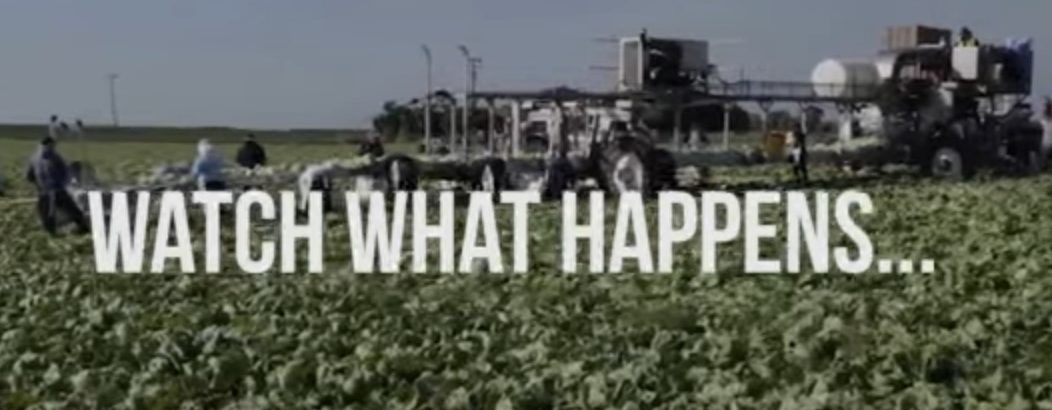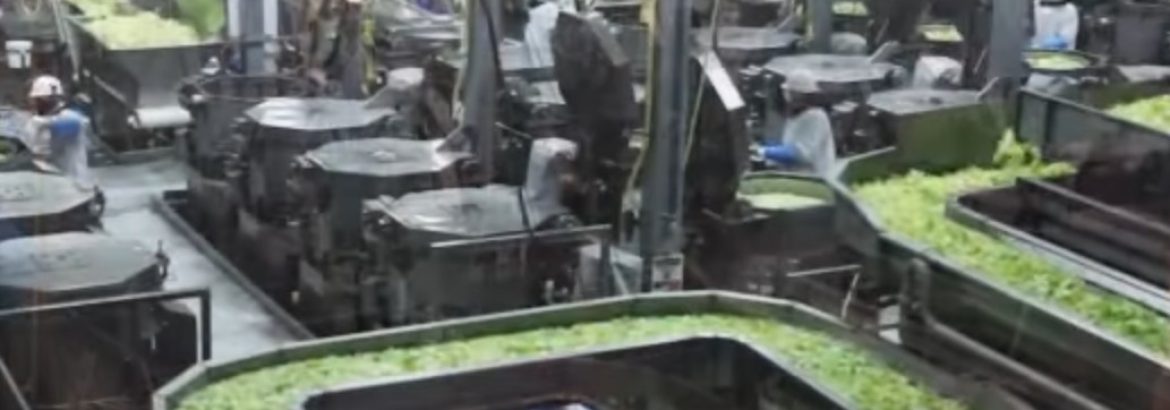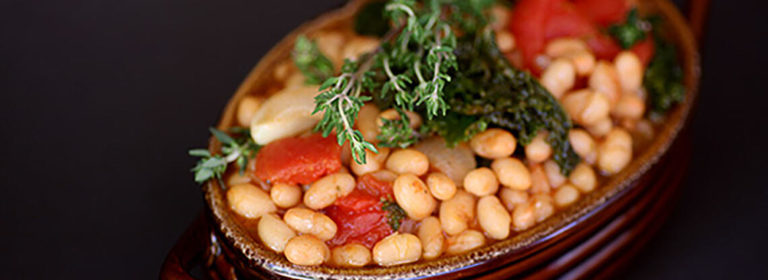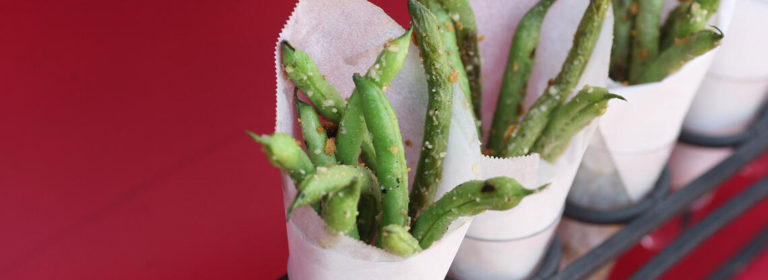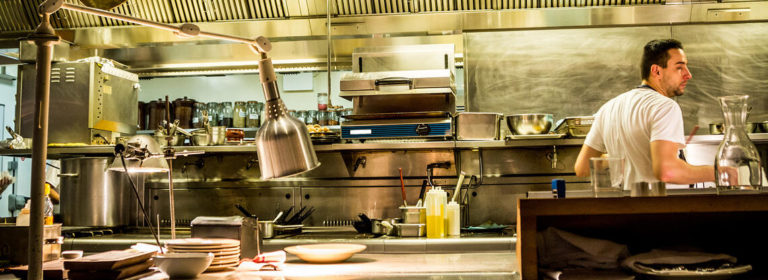Our Taylor Farms processing partners are in the middle of their fall transition, during which they move their entire Markon Ready-Set-Serve salad operations south for the winter, to capture the benefits of an extended growing season. We talked to Taylor Farms General Manager Lisa Hearne and Marketing Director Michelle Roberts about the incredible transition process and how it enables Taylor Farms – and Markon — to bring customers the freshest produce available:
Why do you transition your operations in the fall and spring? Is it something you’ve always done?
Lisa: We follow our crops seasonally and process directly at the source to maximize freshness. Following the optimal weather conditions for our products, we traditionally start the Yuma, Arizona, season in November and transition back to Salinas, California, in April. Taylor Farms Foodservice started this undertaking over 26 years ago with the vision to be North America’s favorite maker of salads and healthy fresh foods.
How does it impact the quality of your products?
Michelle: Staying close to the source of the product allows us to provide our customers with the absolute freshest product possible. It improves shelf-life performance, quality and the overall customer experience.
What’s the most challenging part of picking up your entire operation and moving it almost 600 miles away? How do your teams make it work?
Michelle: Our foodservice team spends the entire season preparing for the next transition – once one move is over, we start planning for the next! From supply, logistics, engineering and automation to packaging, shipping, FSQA, scheduling and sales…it is an enormous team effort.
What’s the most satisfying part of this immense logistics endeavor?
Lisa: It takes the entire Taylor Farms Foodservice team to make a transition successful. Each person plays a critical role with limited room for error in a 56-hour timeframe. We continue to progress each season with new technology and ideas along with a sense of pride in our accomplishments through our team-driven culture.
Michelle: We try to make it as seamless as possible to our customers, with the goal of zero disruption to the supply chain and the end users.
Our partnership with Taylor Farms is a great example of the long-lasting relationships we build with the industry’s leading suppliers as we work to create the Markon difference. Our inspectors join Taylor Farms on this adventure each year, working closely with the processor’s QA team to help us provide our members and operators with the freshest produce and the best portfolio of brand solutions in the industry.
To find out more about the Taylor Farms transition, watch the amazing video here.
